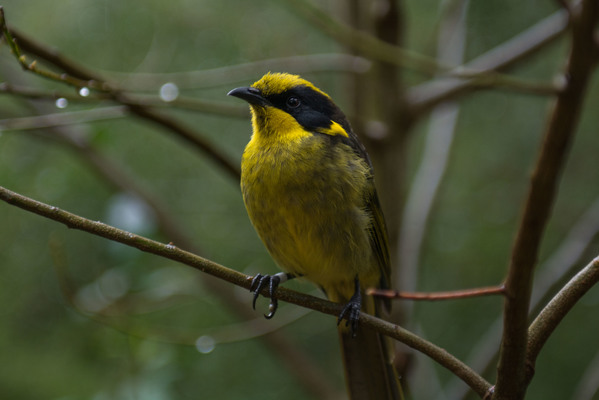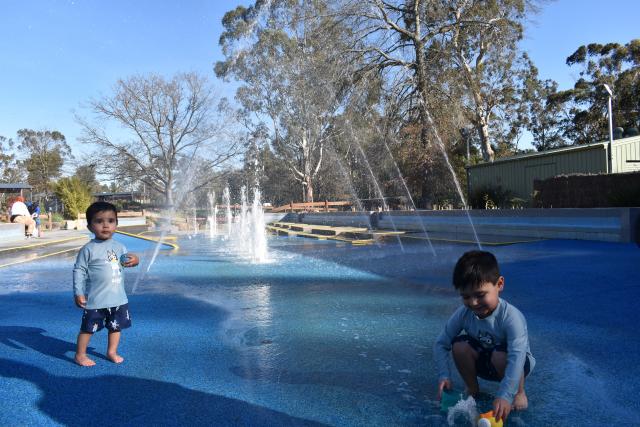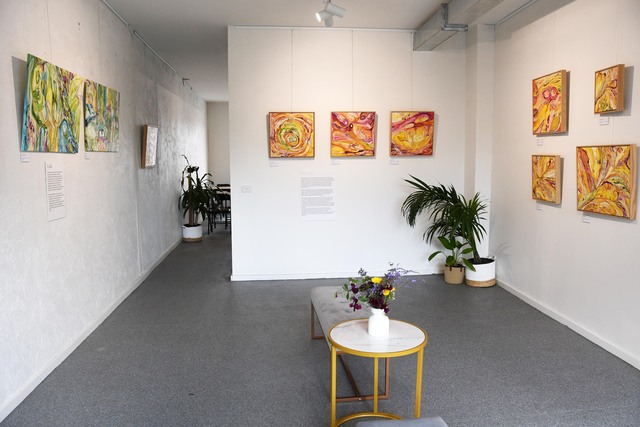The helmeted honeyeater is the bird emblem of Victoria and for 30 years, the Friends of the Helmeted Honeyeaters have been helping to save the cute yellow bird from extinction. In May 1989 when the population of the helmeted honeyeater reached a critically low level of 50 birds, Friends of the Helmeted Honeyeater formed to help save them.
Since the groups formation numbers have risen to over 200 birds – an achievement that would not have been possible without the contribution and dedication of the volunteer group.
This May heralds 30 years since the groups inception, and to continue doing their vital work the group is welcoming new volunteers.
Friends of the Helmeted Honeyeater President, Alan Clayton explained that it was timely to take stock of what has been achieved and how the group can best meet the challenges of the future.
“Volunteers have been the lifeblood of the Friends of the Helmeted Honeyeater (FoHH) since its inception in 1989,” said
“Without the contribution of volunteers, our achievements in securing the future of the Helmeted Honeyeater (HeHos) would not have been possible.”
“Volunteers are the backbone and the core of our work and we’re always interested in more volunteers … anyone interested can contact us through our website.”
The major aim of the group is to protect existing habitat and plant future habitat for the helmeted honeyeater.
“We have volunteers who help in the nursery on a Tuesday and Thursday, and we have volunteer field assistants who monitor the health of the bird in the wild which is done by supplementary feeding and monitoring of helmeted honeyeater’s in Yellingbo Nature Conservation Reserve.”
To mark the group anniversary, the group will be holding a special symposium on Saturday May 25 in Lilydale, at which keynote speakers Jenny Gray, CEO of Zoos Victoria and Sally Box will speak.
Mr Clayton said that over 30 years the group has achieved huge success and that success is reflected in the increase in the bird population.“The numbers of the bird have increased from 50 to around 220 over the last five years, that’s a great increase and we’re proud to have played a part in that.”







